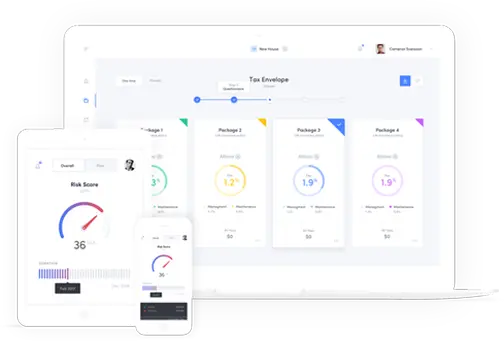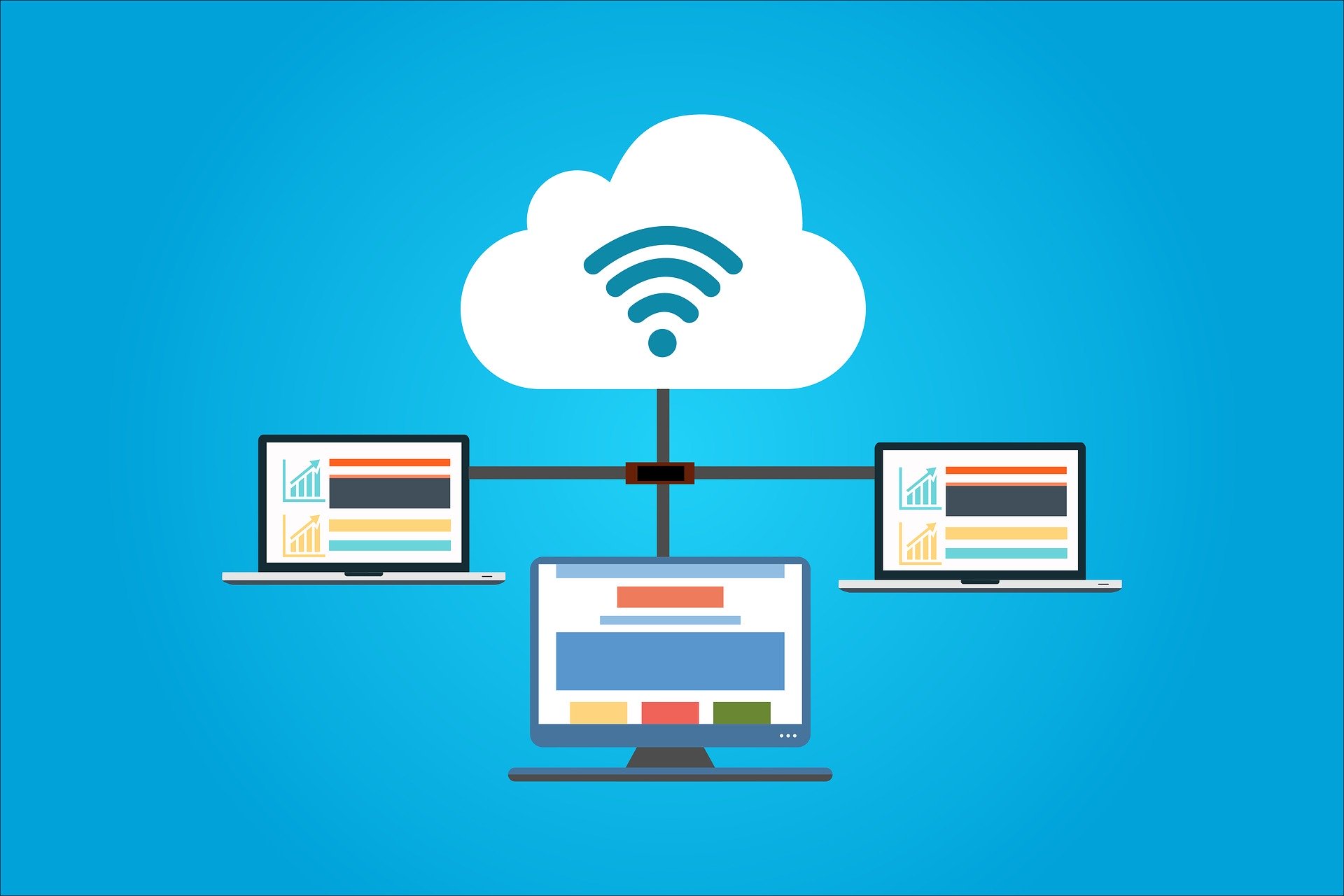

Flexible accounting software refers to software programs that offer a wide range of features and functionalities to meet the diverse accounting needs of businesses. These programs are designed to be adaptable and customizable, allowing users to configure them to fit their unique requirements.
Some of the key features of flexible accounting software may include:
1. Customizable dashboards: A customizable dashboard allows users to access the most important data and features with ease.
2. Multi-currency support: With multi-currency support, businesses can handle transactions in multiple currencies, making it easier to operate in a global marketplace.
3. Integrations: Flexible accounting software can integrate with other business software programs, such as customer relationship management (CRM) systems, point-of-sale (POS) systems, and inventory management systems.
4. Customizable reporting: Customizable reporting capabilities allow users to create reports that meet their specific needs.
5. Automation: Automation can streamline accounting processes, reducing the risk of human error and saving time.
6.Cloud-based: Cloud-based accounting software allows users to access their data from anywhere with an internet connection, making it easier to collaborate with team members and work remotely.
Some popular flexible accounting software programs include QuickBooks Online, Xero, FreshBooks, and Zoho Books.
What are the benefits of flexible accounting software
Flexible accounting software offers several benefits to businesses, including:
1. Scalability: Flexible accounting software can grow with your business. As your accounting needs change and become more complex, the software can adapt to meet those needs.
2. Customization: The software can be customized to fit your specific accounting requirements, enabling you to tailor it to your business processes and workflows.
3. Efficiency: Flexible accounting software automates many manual accounting tasks, reducing the risk of errors and saving time. This enables your team to focus on more strategic activities that add value to your business.
4. Collaboration: Cloud-based flexible accounting software allows your team to access data from anywhere with an internet connection. This makes it easier to collaborate and work remotely.
5. Cost-effective: Flexible accounting software can be more cost-effective than traditional accounting software, as it often requires less hardware and IT infrastructure.
6. Integration: Flexible accounting software can integrate with other business systems, such as CRM and inventory management software. This provides a more complete view of your business operations and enables more efficient data sharing between departments.
7. Insightful reporting: Flexible accounting software provides detailed reporting and analytics, enabling you to gain insights into your financial data and make more informed decisions.
Overall, flexible accounting software can help businesses become more efficient, productive, and competitive in today's fast-paced business environment.
Use of flexible accounting software
Flexible accounting software can be very beneficial for businesses of all sizes. Here are some of the advantages of using flexible accounting software:
1. Customizable: Flexible accounting software can be customized to suit the specific needs of a business. This means that businesses can tailor the software to fit their unique requirements, which can help to increase efficiency and accuracy.
2. Integration: Many flexible accounting software packages can be integrated with other software applications that a business may be using, such as customer relationship management (CRM) or enterprise resource planning (ERP) software. This can help to streamline processes and reduce the need for manual data entry.
3. Scalability: Flexible accounting software can grow with a business. As a business expands and its accounting needs become more complex, the software can be adjusted to meet these changing requirements.
4. Automation: Flexible accounting software can automate many accounting processes, such as invoice generation, bank reconciliation, and financial reporting. This can help to save time and reduce the risk of errors.
5. Accessibility: Flexible accounting software is often cloud-based, which means that it can be accessed from anywhere with an internet connection. This can be particularly useful for businesses with remote workers or multiple locations.
Overall, the use of flexible accounting software can help businesses to streamline their accounting processes, reduce errors, and increase efficiency.
To make accounting software flexible, there are several steps that can be taken:
1. Customization: Choose accounting software that allows for customization. This means that the software can be adapted to fit the unique needs of your business.
2. Integration: Look for software that can integrate with other applications that your business uses. This can help to streamline processes and reduce manual data entry.
3. Scalability: Choose software that can grow with your business. As your accounting needs become more complex, the software should be able to adjust to meet those changing requirements.
4. User-friendly interface: A user-friendly interface is key to making accounting software flexible. The easier the software is to use, the more likely it is that employees will adopt it and use it effectively.
5. Automation: Look for software that can automate accounting processes, such as invoice generation, bank reconciliation, and financial reporting. This can help to save time and reduce the risk of errors.